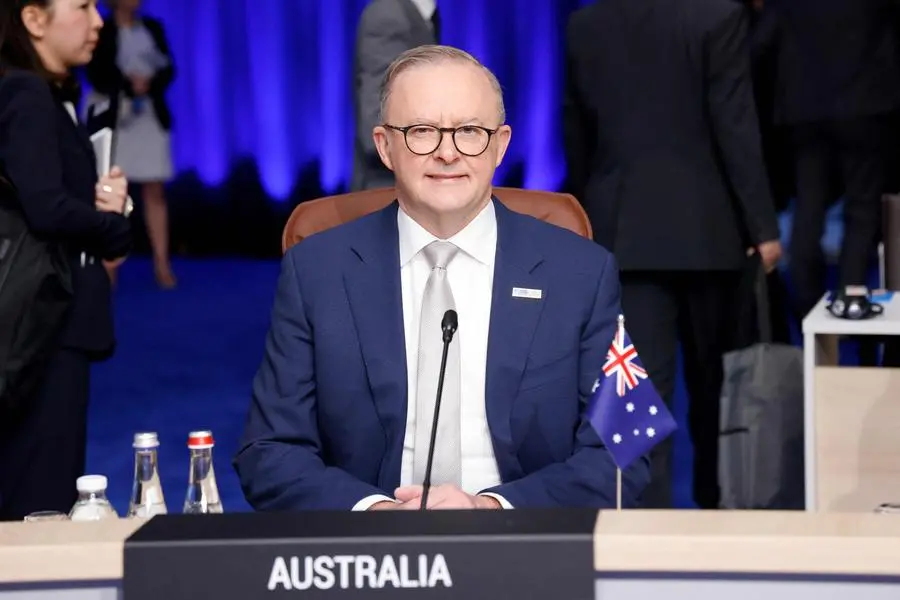PHOTO
Prime Minister Anthony Albanese called on Saturday for China to release jailed Australian journalist Cheng Lei, saying he was worried about her condition after three years behind bars.
Cheng has described her bleak prison conditions in a note dictated a note to Australian officials from her cell, saying she misses trees and sunlight but "most of all I miss my children".
The message was shared with Australian news outlets and on the social media platform X by Cheng's partner, Nick Coyle, on Thursday.
Asked if he was concerned about her welfare, Albanese said: "I certainly am, and Cheng should be released. This is three years too long."
"Cheng Lei is an Australian citizen. She is someone who does not deserve this treatment," he told reporters during a visit to Queensland.
Albanese said Australia had pressed for Cheng's release at the "highest levels" and would continue to do so "whenever Australia meets with China".
"It is important that her human rights as an Australian citizen be respected," the prime minister said.
Albanese has been invited to visit China though no date has been set.
The Australian leader told journalists on Friday that Cheng's release would not be made a condition for his trip to go ahead, saying such visits "should not be transactional".
Cheng, a former anchor for Chinese state broadcaster CGTN, has been detained since August 2020 but was only formally arrested in February 2021.
She was formally charged with "supplying state secrets overseas" but no further details have been given.
Her detention came at a time of difficult relations between Australia and China, raising speculation it was politically motivated.
China's foreign ministry said on Friday that the case was being handled "in strict accordance with the law", and that Cheng's legal rights were being fully protected.
"It is hoped that the Australian side will respect China's judicial sovereignty and refrain from any type of interference in the lawful handling of the case by Chinese judicial organs," a spokesperson told AFP in a written statement.
Cheng was tried last March behind closed doors, with even Australia's ambassador to China blocked from entering the court to observe proceedings.
The court deferred the verdict and Cheng's sentence, which could extend to life in prison.





















